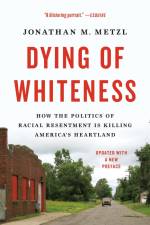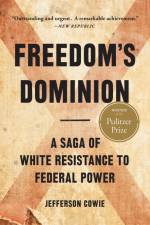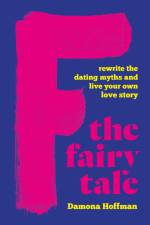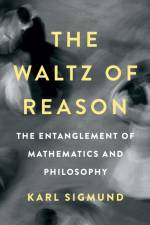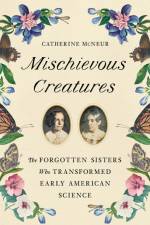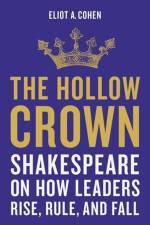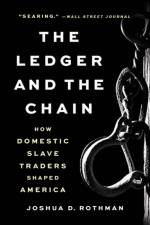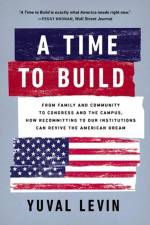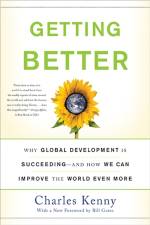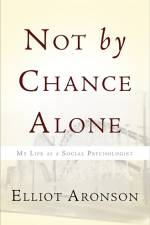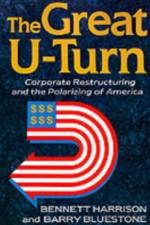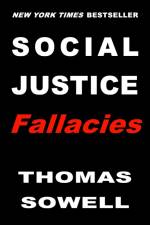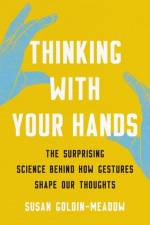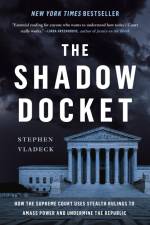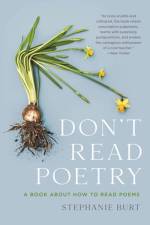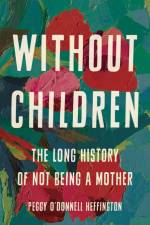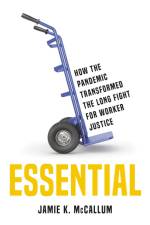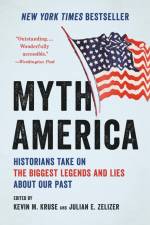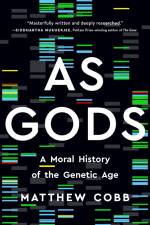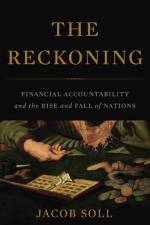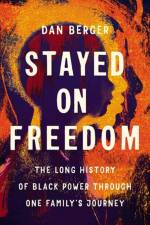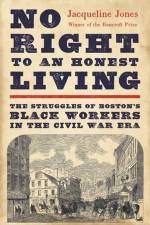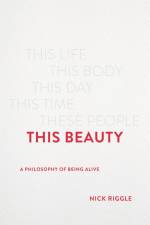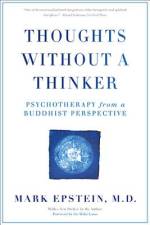av Matthew Dallek
381
"Founded in 1958 by a small band of anti-New Deal businessmen, the John Birch Society held that a vast communist conspiracy existed within America and posed an existential threat to the country. Birchers railed against the federal government, defended segregation, and accused liberal elites of conspiring to destroy the country's core values-Christianity, capitalism, and individual freedom. Shunned by the political establishment and mainstream media, the organization invented new methods for reaching mass audiences and spread their paranoid anti-government ideology nationwide. Although seen as a fringe movement throughout the 1960s and considered all but dead by the mid-1970s, the John Birch Society in fact birthed an alliance uniting super-rich business titans with grassroots activists that lasts to this day. In Birchers, historian Matthew Dallek uncovers how the Birchers, once the far-right fringe of American politics, forged a conspiratorial, media-savvy style of conservatism that would ultimately take over the Republican Party. Drawing on thousands of archival documents, Dallek traces how an elite coterie of white businessmen kickstarted a national grassroots movement of devout, upwardly mobile defenders of the status quo, who feared the expansion of the welfare state, the advance of communism overseas, and growing calls for racial and gender equality. Ultraconservative propaganda produced by these elites, Dallek shows, radicalized white homeowners, housewives, and middle-class professionals and inspired them to relentlessly push a handful of fringe causes through direct action techniques, such as phone banking, letter writing, and public protest. Liberal critics dismissed the organization as unserious and assumed the far right was destined for failure, but they underestimated the society's depth of support. Most Birchers were in fact affluent, educated, skilled political operatives for whom the movement had touched a chord. Recognizing the strength of these voters, the Republican Party accommodated their extremism, wooed them for money and votes, and gave them a political home long after the John Birch Society had ceased to exist. When the Republican establishment lost credibility following the '08 financial crisis, however, party leaders lost their control over this powerful fringe tradition. Drawing on Birchers' anti-establishment precedent, far-right politicians like Sarah Palin, Donald Trump, and Marjorie Taylor Green were able to thrive and ultimately dominate the GOP electoral coalition in the 2010s. Deeply researched and full of insight, Birchers is essential reading for anyone seeking to understand the growth of right-wing extremism in the United States"--

